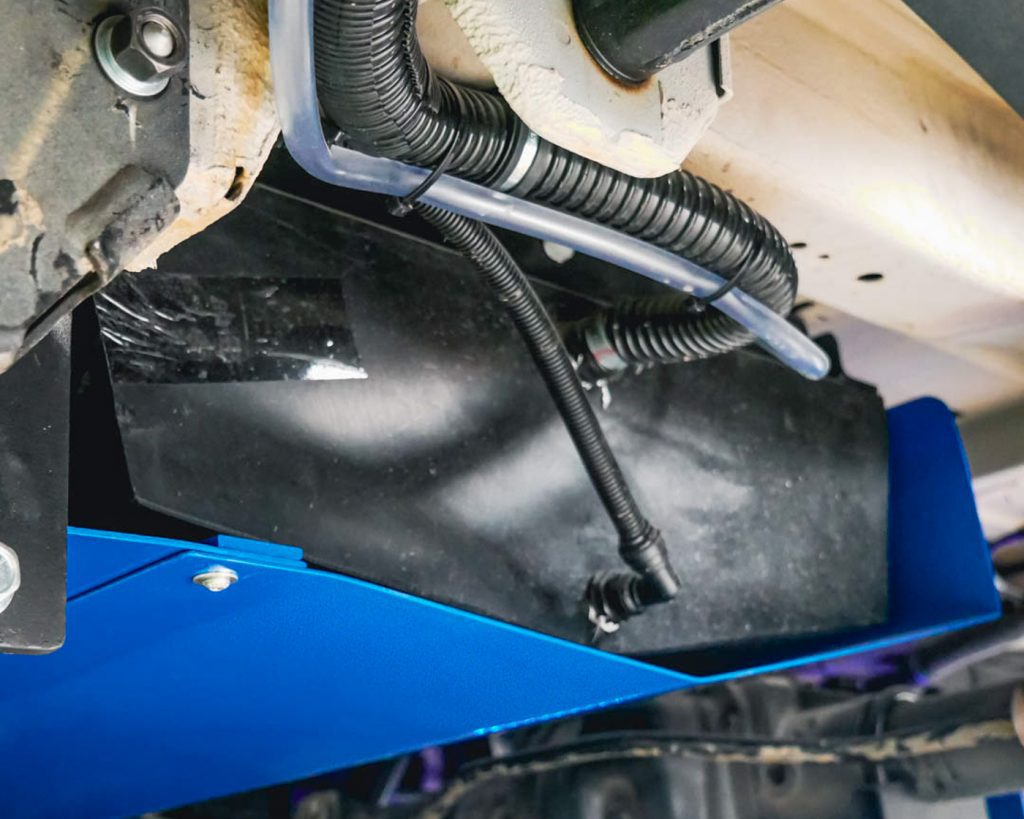Introduction
In recent years, the world of work has undergone a dramatic transformation. The traditional 9-to-5 office setup is increasingly giving way to more flexible arrangements, particularly remote work. This shift has been especially noticeable in Australia, where many professionals trade their office desks for home offices or mobile workspaces.
Parallel to this trend, a distinct lifestyle choice – the ‘Van Life’ has been gaining traction. This concept revolves around living and travelling in a converted van or RV, combining the comfort of a home with the freedom of the open road. Its lifestyle offers unprecedented flexibility, making it an ideal match for the remote work model.
As we delve into this topic, we’ll explore how these two trends – the rise of remote work and the popularity of van life – intersect, creating a unique lifestyle that caters to the modern professional’s desire for flexibility, adventure, and work-life balance. Let’s embark on this journey together.
The Remote Job Revolution
The landscape of the professional world has experienced a significant shift in recent years, with remote work becoming the new norm for many. This change is particularly evident here in Australia, where the trend towards remote work has been growing steadily. According to Statista, flexible work practices offered by organisations in Australia became increasingly common in 2022, reflecting a shift in workplace norms.
Over 40% of Australians regularly worked from home during the first half of August 2023. The Families in Australia Survey found that among the employed survey respondents, 67% were sometimes or always working from home. These statistics reflect the acceptance of remote work and its integration into everyday life.
The benefits of remote work are numerous, contributing to its rising popularity. It provides increased flexibility, allowing employees to design their work schedules around their personal lives. This can lead to a more balanced lifestyle, reducing stress and increasing job satisfaction. Reducing commuting time is another significant advantage, saving time and money that would otherwise be spent on travel.
The COVID-19 pandemic played a pivotal role in accelerating this shift towards remote work. With lockdowns and social distancing measures, businesses had to adapt quickly to keep operations running. This led to a sudden and widespread adoption of remote work. The Australian Bureau of Statistics chief, David Gruen, asserts that remote working will persist post-pandemic, despite efforts by some employers to return to pre-pandemic work arrangements.
The remote work revolution has reshaped the Australian workforce, offering numerous benefits and proving resilient in the face of global challenges. As we move forward, it’s clear that this trend is more than just a temporary shift – it’s a fundamental change in how we view and approach work.

Van Life: Freedom on Wheels
‘Van Life’ has become a popular lifestyle trend in Australia and worldwide. At its core, Van Life is about embracing freedom, adventure, and minimalism. It involves converting a van or a similar vehicle into a mobile home, allowing individuals to live and travel wherever the road takes them.
In Australia, the appeal of Van Life has grown exponentially. The country’s diverse landscapes, from its stunning coastlines to its vast outback, make it an ideal location for those seeking to explore and embrace this nomadic lifestyle.
One of the primary appeals of Van Life is the freedom it offers. It allows individuals to break free from the constraints of traditional living arrangements. It will enable them to explore new places at their own pace. Whether waking up to a beach sunrise or parking under the stars in the bush—every day can bring a unique backdrop.
Another significant advantage of Van Life is the potential for lower living costs. With no rent or mortgage to pay and no utility bills, it’s possible to reduce monthly expenses significantly. This cost reduction can free up funds for travel, experiences, or future savings.
Living minimally is an essential aspect of Van Life. By necessity, living in a van means paring down possessions to the essentials. This focus on minimalism can lead to a reassessment of what is truly meaningful in life. It encourages individuals to value experiences over material possessions. It can lead to a greater sense of contentment and satisfaction with less.
Van Life represents a shift towards freedom, minimalism, and a closer connection with nature. For those willing to embrace this alternative lifestyle, it offers a unique blend of adventure, simplicity, and personal fulfilment.
Merging Work and Travel: The Role of Technology
The rise of remote work and the adoption of ‘Van Life’ is only possible with technological advancements. Technology has indeed blurred the lines between work and travel, enabling professionals to work effectively from anywhere in the world.
High-speed internet is a cornerstone of this new mode of working. In Australia, the availability of reliable internet in most parts of the country has made remote work feasible, even for those on the road. Whether it’s a quiet beach or a secluded mountain spot, as long as there’s a decent internet connection, it can serve as an office for the day.
Advancements have paved the way for enhanced on-the-go connectivity, with dedicated tools and equipment leading the charge. Portable Wi-Fi devices, for example, deliver reliable internet access, irrespective of your whereabouts. Signal boosters augment cellular reception when installed in vehicles, enabling uninterrupted communication and seamless online resource access. Furthermore, satellite internet is increasingly affordable and accessible, ensuring nationwide availability of high-speed internet, even in the most remote corners.
Digital platforms and software have also played a significant role in facilitating remote work. Video-conferencing tools, project management software, and cloud-based services allow teams to collaborate and stay connected, regardless of each member’s location.
In essence, technology has made the unconventional lifestyle of merging work and travel not just a dream but a practical reality for many. It continues to evolve and adapt to the needs of remote workers, making the prospect of living and working on the road increasingly accessible and appealing.

Benefits of Combining Remote Work and Van Life
The fusion of remote work and Van Life offers unique benefits that can significantly enhance one’s quality of life. One of the most striking advantages is exploring new locations without taking time off work. This means you can satiate your wanderlust while still maintaining a steady income.
Moreover, this lifestyle allows for a unique work-life balance. You can tailor your work schedule around your travel plans, allowing you to make the most of your surroundings. Imagine finishing a day’s work, stepping outside to hike in a national park, surfing at a beach, or simply enjoying a sunset from a picturesque location. Integrating work, travel, and leisure can lead to a more fulfilling and balanced life.
Conclusion
Van Life and remote work offer freedom, adventure, and flexibility. The trend is growing in Australia, with diverse landscapes for endless exploration.
The appeal of Van Life lies in travel freedom, lower living costs, and minimalism. Technology enables this lifestyle, with high-speed internet and tools enhancing connectivity.
Combining remote work and Van Life allows for work-life balance and exploring new locations without time off.
For those seeking flexibility and adventure, a hybrid lifestyle of remote work and Van Life is a great choice. It brings freedom from the traditional 9-5 job and access to unique experiences and locations. Technology makes it all possible.
If you seek flexibility, adventure, and an escape from traditional norms, consider embracing the remote work and Van Life hybrid lifestyle.



